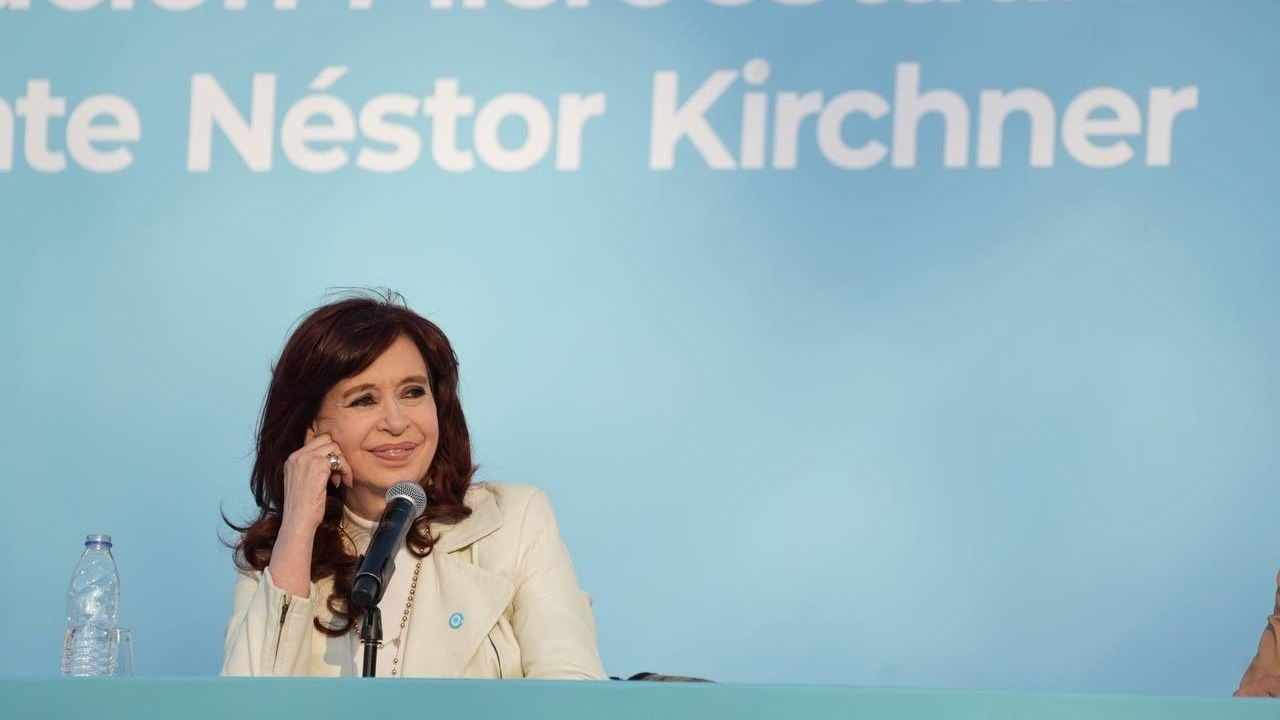The analysis of Cristina Kirchner The article on the first nine months of Javier Milei’s administration, entitled “It’s the bimonetary economy, stupid”, has generated a wide debate in the political and economic sphere of Argentina.
In his document, Cristina Kirchner offers a detailed critique of the policies implemented by Milei, highlighting the contradictions and challenges facing the country under her administration. The former vice president published her analysis at a time of growing economic and social tension in Argentina.
The bimonetary economy, characterized by the simultaneous use of the peso and the dollar, has been a recurring theme in the country’s political discourse. Kirchner He argues that this monetary duality is one of the main causes of economic instability and criticises the measures adopted by Milei to address this problem.
Kirchner points out that, despite Milei’s promises to eliminate state intervention, her government has maintained strict control over the dollar. According to her, the “2% monthly crawling peg table” is a clear example of this intervention.

The former president He criticises the setting of a reference interest rate that he considers “ultra negative” and the caps imposed on wage agreements. He argues that these measures have contributed to a decline in economic activity and have made Argentina more expensive in dollars than many developed countries.
Kirchner She describes a “lethal combo” of fiscal adjustment, intervention in the foreign exchange market and price controls that, according to her, has led to a deep economic recession. He points out that the inflation rate of 3% or 4% per month, presented by the government as a success, is in fact a social tragedy in the context of a severe recession..

Terrible statistics
The former president He also addresses the social impact of Milei’s policies, pointing out the increase in unemployment and poverty. He mentions UNICEF statistics indicating that more than a million children in Argentina go to bed without a plate of food, which he considers a direct consequence of current economic policies.
The concept of a bimonetary economy refers to the coexistence of the peso and the dollar in the Argentine economy. This duality has been a persistent feature in the country, where the dollar is used as a store of value and a means of saving, while the peso is used for everyday transactions. Cristina Kirchner He argues that this situation creates a series of structural challenges that hinder economic stability.


















